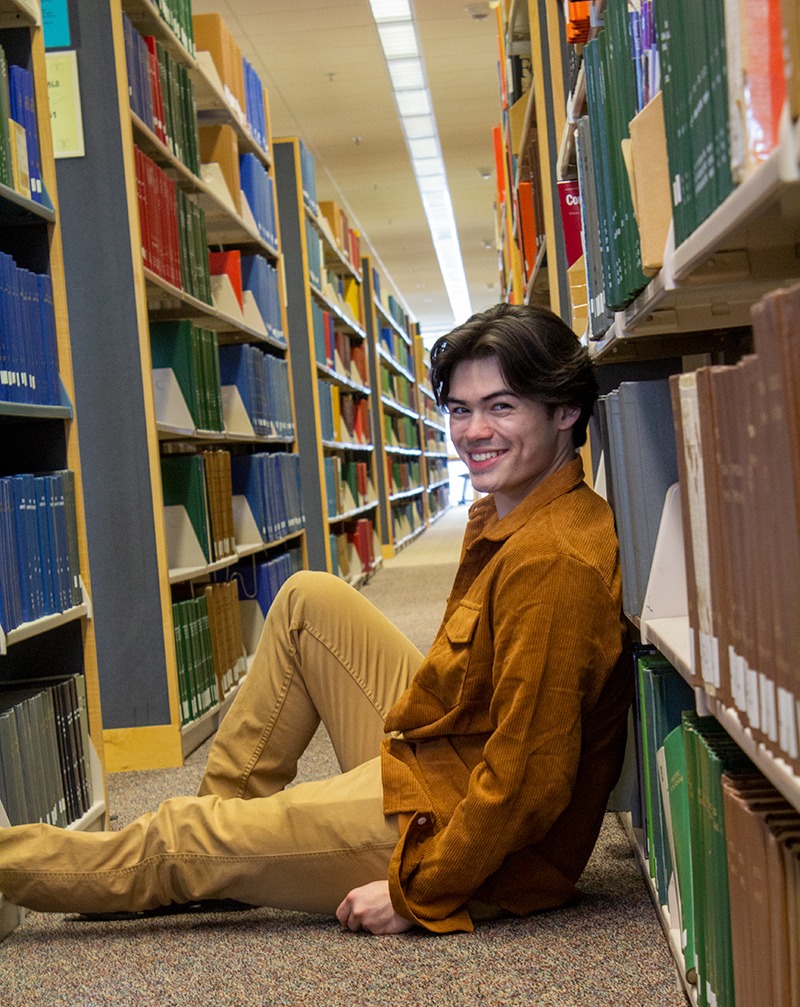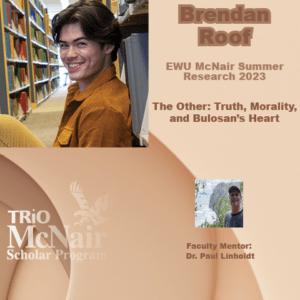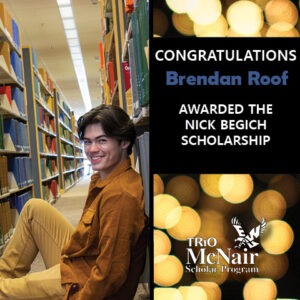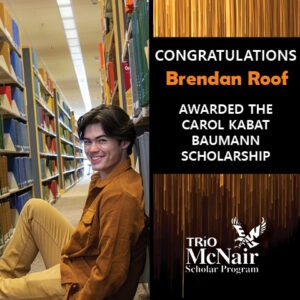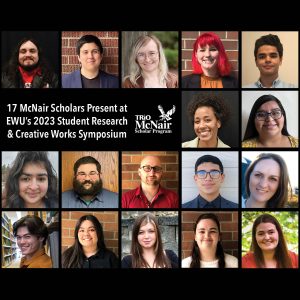Brendan R. Roof is a first-generation student graduating in Spring 2024 from Eastern Washington University with a major in English Studies with a minor in International Affairs. He was raised in Ketchikan, Alaska and Memphis, Tennessee. He is interested in researching the pre-colonial traditions, customs, and socio-political history across Philippine literature, familial dynamics and themes in Pan-Asian literature, and the socio-economic influence of the Filipino diaspora.
His 2023 summer research internship was under the mentorship of Dr. Paul Lindholdt. He researched how Carlos Bulosan, and his seminal work, America Is In The Heart, are an illustration of the complications of truth and morality in regards to Filipinos in the early 20th century. In the 2023-24 school year he collaborated with Pat Donahue, cofounder of Terrapin Legal, in addressing stigmas and legislative action surrounding decriminalization in Spokane. In his spare time he volunteers for the Cheney Food Bank and sits among the flowers contemplating dragonflies.
2023 EWU Faculty Research Mentor: Dr. Paul Linholdt
Research Poster
Research Title: The Other: Truth, Morality, and Bulosan’s Heart
Abstract: A Dream Deferred: Bulosan’s Heart
My presentation focuses on the epistemological and moral implications of Othering projected on Filipino laborers by the U.S. government and businesses in the early 20th century. Using Carlos Bulosan’s America Is in the Heart, I utilize portrayals of stigmatization, violence, and reinforcing legislative action against Filipinos to expose the reality of the Filipino experience at the height of U.S. imperialism. In previous scholarship, Bulosan’s AIH has been subject to belittlement for its original 1946 publication advertised as a “personal memoir.” The work is a composite of multiple Filipinos’ experience. Bulosan scholar and biographer, E. San Juan Jr. is encouraging: “AIH is, rather, our grasp of the historical and social reality of the Filipino peasantry in the colonial ‘lost’ homeland, and of the Manongs, bachelors in the barracks, moving from place to place, ostracized from normal life by massive laws, by customary prohibitions of everyday life — a violently distorted, grotesque, and terror-filled landscape beyond the comprehension of sheltered academics” (119). Other research surrounding Bulosan, his seminal work, and the Filipino experience consults various perspectives and methodologies, namely, Bulosan’s 200-page FBI file, his poetry and letters, legislative action, and historical events surrounding his migration. The fecundity of Bulosan research has resolved decades-long debates on Bulosan’s end-of-life activity, his communist associations, and the intention behind his patriotic finish in AIH. In this presentation, I provide an accurate representation of the America Bulosan details by exploring the manipulation of truth and the moral hypocrisy of U.S. imperialism.
